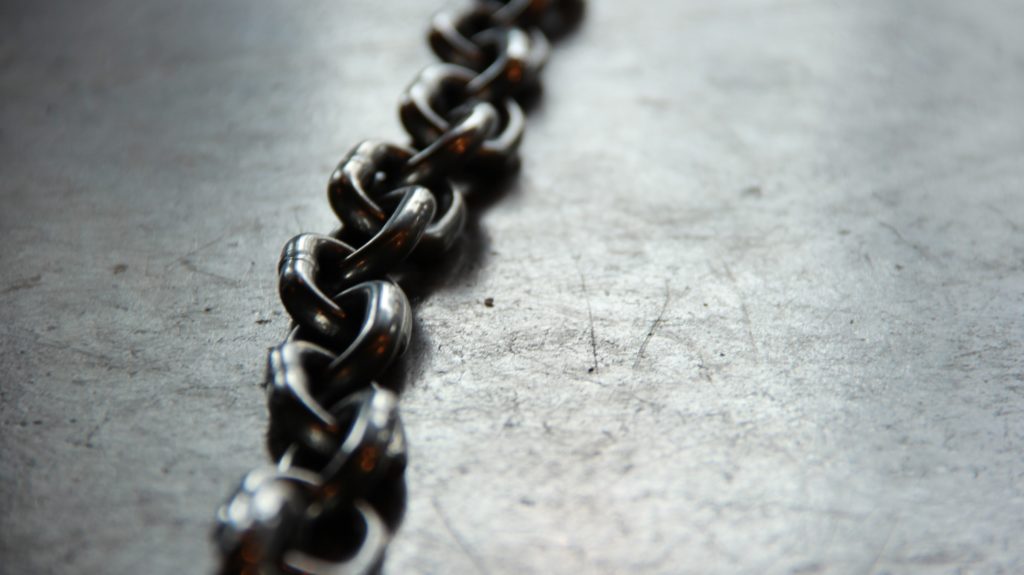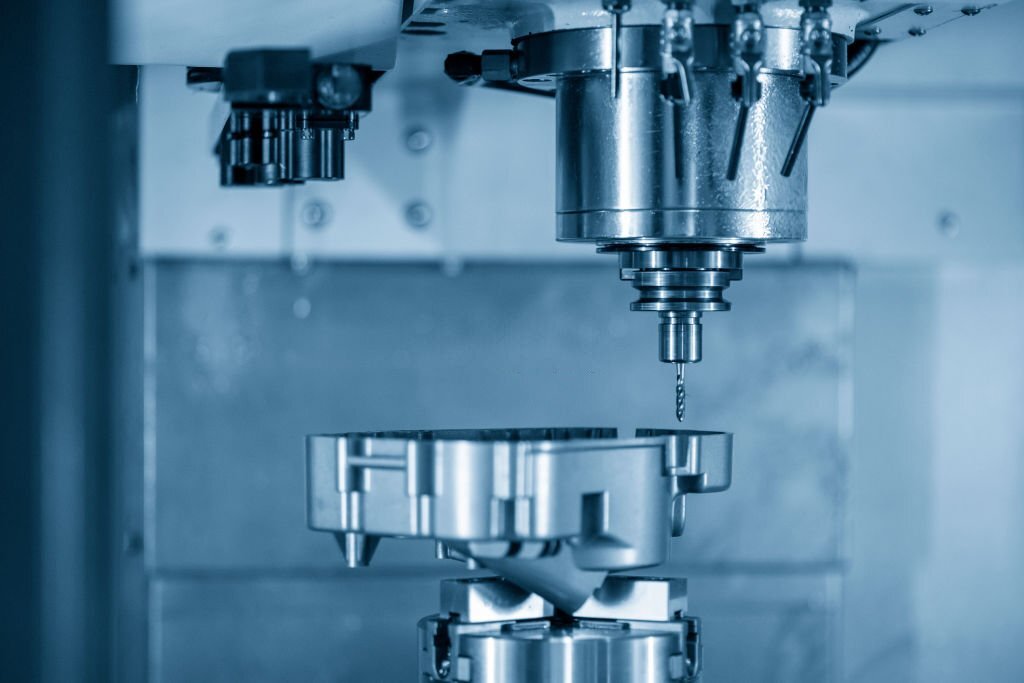Die casting is a manufacturing process that involves injecting molten metal or metal alloy into a mold under high pressure. The mold, also known as a die, is designed to produce a specific shape and size of the final product. The success of a die-casting project largely depends on the choice of materials used in the process. In this blog, we’ll discuss the importance of selecting the right materials for your die-casting needs.
THE COMMON TYPES Of MATERIALS USED IN DIE CASTING:
ALUMINIUM DIE CASTING
This is the most used material in die casting due to its lightweight, high strength, and corrosion resistance. It is also highly conductive and has good thermal properties.
ZINC DIE CASTING
Zinc is another popular material used in die casting due to its ability to produce complex shapes with high precision. It is also lightweight and has good mechanical properties.
MAGNESIUM DIE CASTING
Magnesium is a lightweight material that is commonly used in automotive and aerospace applications. It has good thermal and electrical conductivity and is highly resistant to corrosion.
LET’S DISCUSS HOW TO CHOOSE THE RIGHT MATERIALS FOR YOUR DIE-CASTING NEEDS:
METAL CHARACTERISTICS
Different metals have unique characteristics that make them suitable for different applications. For example, aluminium is lightweight, has good thermal conductivity and is easy to machine, making it an ideal choice for manufacturing parts that require these properties. Zinc, on the other hand, is durable, has a high melting point, and is resistant to corrosion, making it an ideal choice for parts that require these properties.
CONSIDER THE PRODUCT DESIGN
The material chosen should be able to produce the desired shape and size of the final product. Some materials may be better suited for certain product designs than others. When choosing the right material for your die-casting needs, it’s important to consider the product design. Factors such as the size, shape, and function of the product can affect the material selection. Materials with high strength, heat resistance, and corrosion resistance may be ideal for certain products, while others may require more ductility or conductivity. Careful consideration of the product design can help ensure the right material is chosen for optimal performance and longevity.
MECHANICAL PROPERTIES
The material should have the desired mechanical properties such as strength, ductility, and toughness. It should be able to withstand the intended load and stress. When choosing a material for die casting, it is important to consider its mechanical properties such as strength, ductility, toughness, and hardness. These properties will determine the ability of the material to withstand the stresses and strains of the die-casting process, as well as its performance in the final product. Choosing the right material with appropriate mechanical properties can lead to better quality, reliability, and cost-effectiveness in die casting.
ENVIRONMENTAL FACTORS
Environmental factors such as temperature, humidity, and exposure to chemicals will also influence the material selection process. Some materials may be better suited for harsh environments or extreme temperatures, while others may not hold up as well. It is important to consider the environmental factors that the part will be exposed to when selecting a material.
SUSTAINABILITY
With the increasing focus on sustainability in manufacturing, it is important to consider the environmental impact of the materials being used. Some materials may be more sustainable than others, and choosing a more sustainable material can have a positive impact on the environment.

STRENGTH
Strength is a critical factor to consider when selecting materials for your die-casting needs. Materials with high strength offer greater durability and can withstand high stress and strain, making them ideal for applications that require high performance. Steel, titanium, and aluminium are materials with high strength and are commonly used in applications that require high-performance parts.
CORROSION RESISTANCE
Depending on the intended application of the product, the material chosen should be resistant to corrosion and degradation. Corrosion resistance is an essential factor to consider when selecting materials for die casting. Corrosion can cause metal components to deteriorate over time, reducing their strength and durability. Choosing the right material with high corrosion resistance properties can help prevent damage and ensure long-lasting performance. Zinc, aluminium, and magnesium alloys are some of the commonly used materials in die casting due to their excellent corrosion resistance and durability.
COST
The material chosen should be cost-effective and fit within the project budget. Choosing the right material for die casting is crucial for ensuring product quality, durability, and cost-effectiveness. The cost of choosing the wrong material can result in increased production time, scrap rates, and reduced product lifespan. Therefore, careful consideration of material properties, production requirements, and end-use applications is essential to achieve the desired outcome.
PRODUCTION VOLUME
The production volume of the product should also be taken into consideration. Some materials may be more suitable for high-volume production, while others may be better suited for low-volume production. Choosing the right material for die casting is critical to ensure the production of high-quality components. Production volume plays an essential role in material selection, as high-volume productions require materials with greater durability and resistance to wear and tear. The right material selection can result in cost savings, improved product performance, and extended component life.
CONCLUSION
In conclusion, choosing the right material for your die-casting needs is a crucial factor in the manufacturing process. To ensure a successful and high-quality product, it is essential to consider various aspects such as product design, mechanical properties, corrosion resistance, cost, and production volume. At Simalex Die Casting Services, we are committed to providing excellent service. Feel free to reach out to us through our website’s contact page https://simalex.com/contact/ and request our alloy data sheets at any time.

